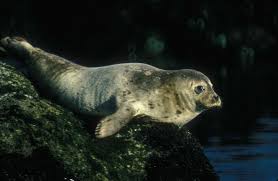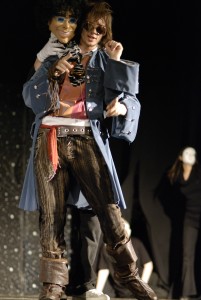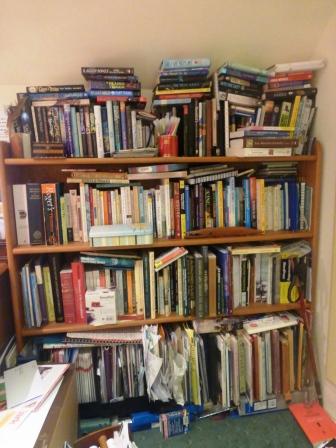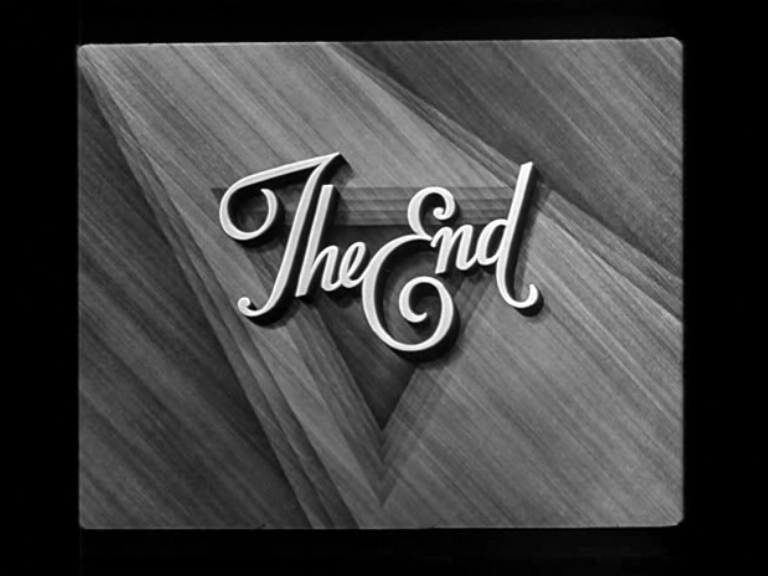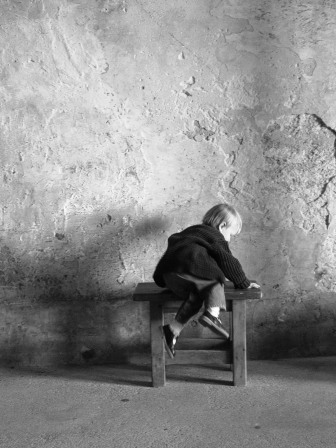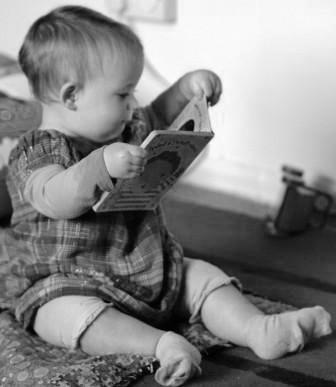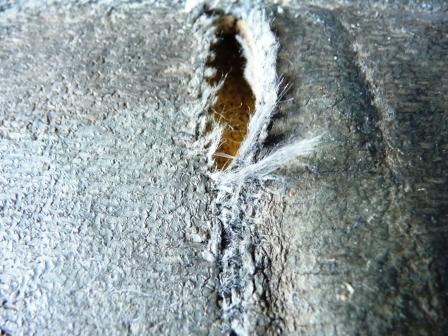 I would like to add my pennyworth to Kathryn Evan’s belly-dancing post here. Dance as a form of creativity has been a love of mine since at least infant school – and it’s the only way you’ll get me doing much in the way of indoor exercise! Continue reading
I would like to add my pennyworth to Kathryn Evan’s belly-dancing post here. Dance as a form of creativity has been a love of mine since at least infant school – and it’s the only way you’ll get me doing much in the way of indoor exercise! Continue reading
Tag Archives: writing
Scripture
I asked my long-suffering husband what this week’s topic should be. He surprised me – as rather delightfully he does from time to time. It may well be controversial but here goes… Continue reading
Aspirational
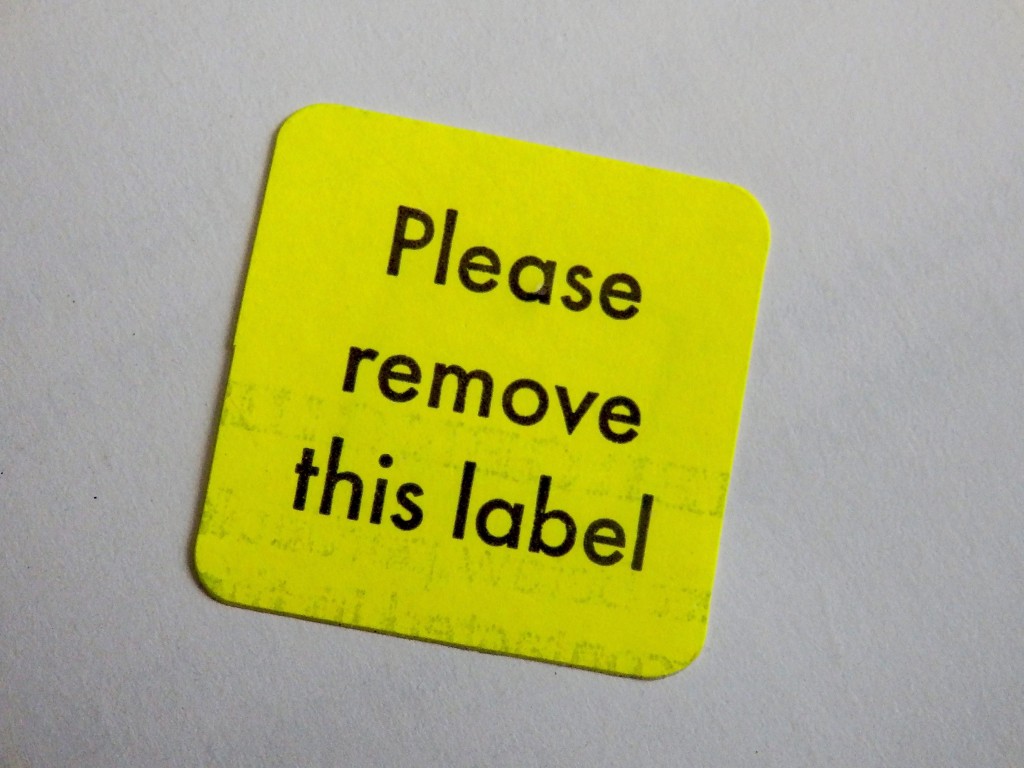 Labels are tricky things. Getting your name to fit on neatly and above all legibly. Positioning them so people do not have to squint at your bust. Peeling them off without a felted patch of jumper coming away too. Most of all, defining who and what you are… Continue reading
Labels are tricky things. Getting your name to fit on neatly and above all legibly. Positioning them so people do not have to squint at your bust. Peeling them off without a felted patch of jumper coming away too. Most of all, defining who and what you are… Continue reading
Me and my shadow
Acting the part
One writer in their time plays many parts to mess about with Shakespeare. Continue reading
Dances with Words II
Dances with Words I
Recently, I went to a belly-dance workshop. I thought it would be a pleasant change from writing, good for my lower back and a help with my weekly belly-dance classes. It did all that and taught me a whole lot more…
Perks of being a reader
Amongst all the debate about Kathleen Hale’s piece in the Guardian and the Goodreads reviewer allegedly* hit over the head with a bottle by an enraged author, I want to put my emphasis on the positive aspects of reading and reviewing.
*it is under police investigation at present
10 reasons to review – with examples
- Finding works and writers you never expected – Gail Carriger’s Etiquette & Espionage, China Mieville’s Railsea, Tom Pollock’s Skyscraper Throne Trilogy, Catherynne Valente’s The Girl Who …series
- Seeing authors grow and change over time – Frances Hardinge, Chris Priestley, Celia Rees, Jonathan Stroud
- Developing relationships within the community – readers, writers, publicists, editors. Chutzpah pays off. My experience so far has been overwhelmingly good. I love it when I tweet or comment and make someone’s day – or I get hold of a book I really wanted.
- Improving your understanding of the book market. I’ve much more idea of age-ranges, the style of different imprints and the likely readership than I had before.
- Matching the right book with the right reader. I cannot emphasise this enough. A reviewer’s purpose is to unite the people who like that-sort-of-thing with their preferred reading material. It’s not for me to judge – the thing’s been written. I know what love and care goes into the vast majority of writing for young people that I read – what earthly good could come of me slagging it off?
- Investigating good and sometimes great writing. How does it work? What can I steal? [ Please don’t take that too literally] Even with works that really aren’t my thing, I have learned a lot by thinking about why.
- Inspiring me to write. We’re all ‘just adding pebbles to the cairn’ as Maeve Binchy put it so beautifully. Not rivals – fellow creators.
- Receiving books for free – how wonderful is that? If I can bear to, I pass appropriate ones to my local library – doubly pleasing.
- Occasionally getting books well before they come out. I feel so honoured when that happens. Hint hint publishers!
- Pleasure.
I mostly write for Serendipity Reviews and occasionally for Fantasy Book Review. I read the whole book – or I don’t review it. Why not join me?
Of Books and Babies
Extrapolating a cliche till it makes sense to me.
After a fun full-on day at the GEA social organised by the hot-pant wearing eco-heroine that is Emma Greenwood, I took refuge with Tracey Mathias Potter an Arvon friend in Camden. In her calm and choral-music-filled kitchen, we discussed children. We both have had three in a row.
Inevitably, we got round to a shared truism – of books as our new babies. I’m going to develop that theme, courtesy of our discussion.
We all have story conceptions that come to nothing. A quick spurt of an idea but no gametes fuse. Some tales get further. We miscarry, abort – sometimes an almost full text ends in stillbirth. In an echo of the maternal reality, I doubt many are lost and not regretted. Perhaps that’s why some writers resist talking about their work until the first draft is done: like naming a baby in some cultures, it may bring ill luck.
So it’s not surprising that we celebrate our achievement when we put down the least full stop. Balloons and chocolates, flowers and partying are entirely reasonable for what may have been a similar nine months or so of gestation.
But just like a flesh-and-blood baby, the hard work comes after her first emergence in the world. Walking, talking, the potty-training of punctuation – we do our best to make them relate to the outside world. Finding out who they really are. Each one has a different personality – parents and writers both experience that shock of recognition.
Then there’s the School of Editing. Handing over your darling to a professional or a group of critique pals to develop their particular strengths. Now that’s an important relationship we fret about – will they see what’s at her heart? Will she even get in?
Home Ed is possible – but with it comes the difficulty of being objective. Of course, your child is completely lovely, just as she is. Won’t she get hurt out there?
And what of the Agent, that marriage broker?
The analogy got in a bit of a muddle there – but the point is, we do our best on our own or with help, to bring our stories to maturity. When they are ready to go out in the world with their readership, we have to step back. We can never forget them, but what others think, how they get along together is not our problem – just like our grown-up children.
After all, we have others to tend to. Well, that’s my theory, anyway. My printed offspring are still in the Nursery.
What do you think?
The Blind Seamstress III
completing my fairytale for creative people
‘Then let us begin,’ the Rose Lady said and she pulled the dress apart. The sound of each stitch ripping ran inside the Blind Seamstress’s ear like cold poison. Stitches unravelled and fabric rent. It seemed to her that she was servant-of-clay with its fired skin crazed and broken. Pain trod her gut like hunger.
Yet like hunger, it pushed her on. No detail of pleats or fastenings but her need made her swallow and chew the understanding of it.
‘You must be humble,’ said the Rose Lady, ‘and ask others to see the faults for you. There will be many – they will be as grit in your bread and as salt in your coffee.’
Together they unpicked, and made patterns so numerous that rocks had to hold down their flutterings. Toiles and trials, miniatures and mock-ups filled the house of the Blind Seamstress in a soft forest.
At last, the Rose Lady bade her lay her needle down.
‘This, she said, ‘this we will take to market.’
The Blind Seamstress felt the dress lying across her wrists. Not a bead nor a silk thread broke its smooth surface. Like the desert breeze with neither scent of water or palm tree.
‘But it is too plain, too simple. No-one will want so humble a thing. I only made it to please myself.’
Trust me – and most of all, trust your own soul.’
The Blind Seamstress made her way to the market and took her usual quiet corner. Strong fingers clasped her wrist and pulled her away. With a push and a leap, she stood on a high place, the base of an ancient column.
‘I must go and you must stay,’ the Rose Lady said.
‘Have faith.’
The Blind Seamstress held out her dress and waited. She smelled camels and donkeys passing, heard the tellers of tales and sellers of water call out in the distance – but close by, the breath of many encircled her. The tinkling of gold coins, rustle of cloth and scent of flower oils told her they were mostly women.
Words of wonder and delight bubbled up to her ears. Fingers tugged gently at the dress and lips sighed wishes that they might have such a dream of loveliness.
Then by-and-by came a merchant. Rings banded his plump hands and satin trimmed his sleeves. Tiny sandalled feet followed him, their sound no heavier than summer rain.
‘I am Hassan of the Ostrich Feathers – and my beloved daughter desires a gown from you.’
She knew he was a rich merchant fallen on hard times when his ship was lost at sea. Of his only daughter, she had heard hushed-up whispers of misfortune and ill-favoured looks.
A merry voice spoke.
‘I am to be married to my heart’s blessing – it would be an honour to wear such raiment. But I fear it will not fit me – can you alter it to suit?’
The Blind Seamstress heard the hope threaded through her words and considered.
The Merchant pulled off his rings and laid them fat and warm and heavy in her hand.
‘I give you the last that I have. Make the joy of old age happy.’
‘I must know what size and shape she is.’
He helped her down and she measured the young woman. It would take hours of work to fit someone so slight. Could she do it? Could she clothe a papyrus reed and make it into a lotus?
‘I will do my best, Hassan of the Ostrich Feathers – for your daughter’s sake.’
It was weary, fiddling work but she completed the gown and sent it. More work came her way. It seemed every quiet girl and shy woman in the City wanted a dress to fit. Hopeful buyers flocked around her little home. She clothed women tall like egrets, or plump and full-breasted as pigeons, or dainty as quail.
To her, they were a delight. Each curve she could flatter, each skin she could wrap in voluptuous cloth, each spirit she could grow was a pleasure.
The best were the twisted ones who came by night. They crept to her window and pleaded for help. She called upon the Rose Lady for counsel and thought often fractured her sleep The labour was hard and rarely paid . But then their footsteps walking boldly by daylight made a rhythm of deep contentment for her heart to dance to.
Weeks went past. The Merchant returned.
‘You have made my daughter more lovely than I believed possible,’ he said. ‘There is nothing I could give you to repay that debt. But still – my ship came back unharmed and I would give you a token. Here is a pearl of great price – may you be blessed all the days of your life.’
She took the smooth and rounded treasure in her work-worn hand. She thought for a moment.
‘Indeed, I am.’

